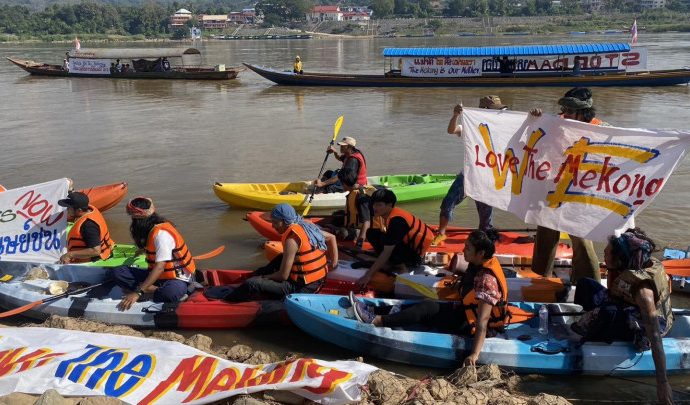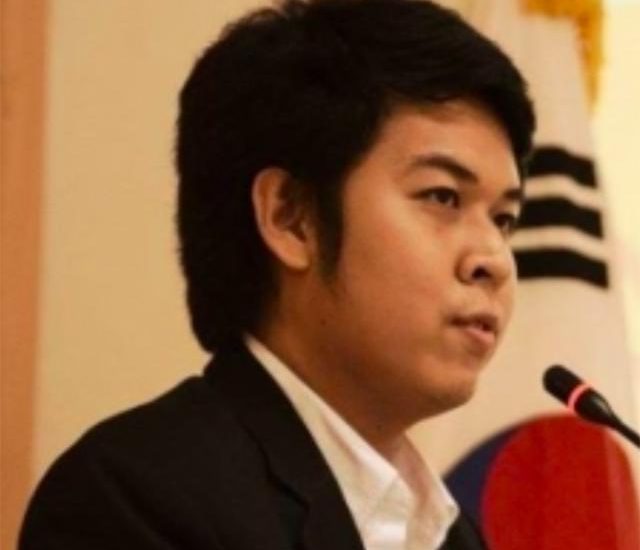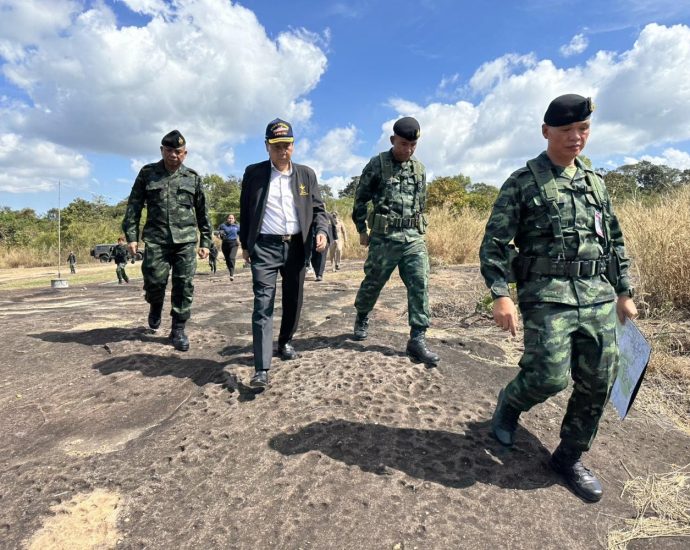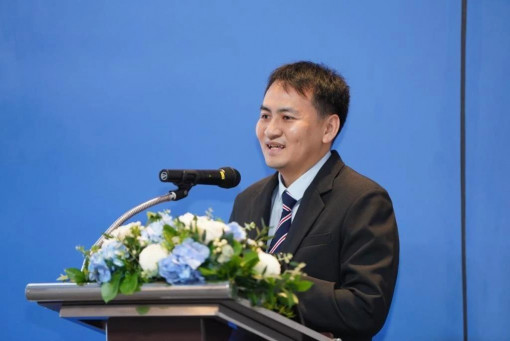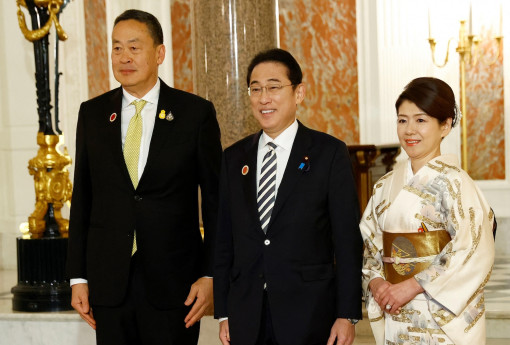Anti-wildlife trafficking crusader Galster in live Q&A Monday
PUBLISHED : 17 Dec 2023 at 13:04

According to the United Nations, about 100 species of plants and animals go extinct every day, and 1 million are on the brink.
Habitat loss and degradation from the expansion of farming is one of the causes, but scientists say another – smuggling of endangered wildlife – could also wipe out humans by sparking the next pandemic.
Steve Galster, founder of Freeland and a veteran campaigner against wildlife trafficking, will take your questions live on the Bangkok Post’s Facebook page on Monday (Dec 17) at 12.30pm Thai time.
Mr Galster is also Dave Kendall’s guest on the latest Deeper Dive vodcast, embedded below and available on all major podcast platforms (search for “Deeper Dive Thailand”.)
Questions for Mr Galster can be submitted during the Facebook Live broadcast or in the comments section below.




